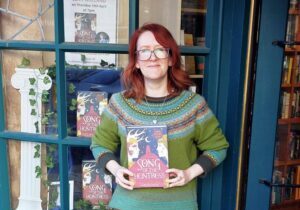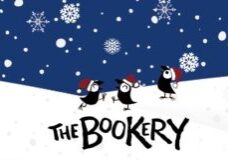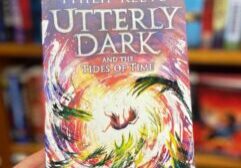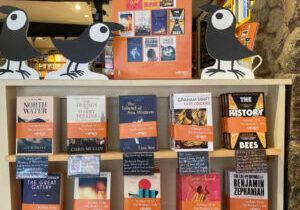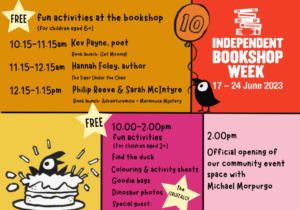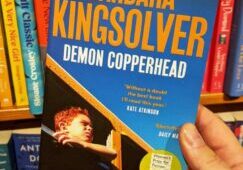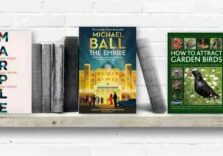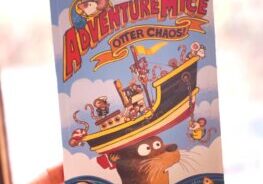FEATURES
The importance of reading for pleasure
April 10, 2019 | Blog > Features > The importance of reading for pleasure
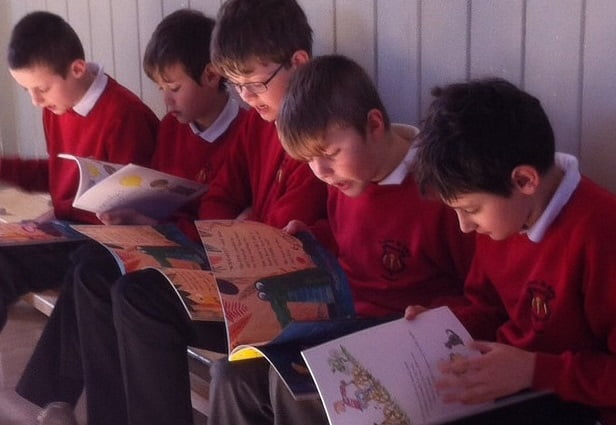
Reading for pleasure
Reading for pleasure has been shown to have a direct correlation with mental well-being and academic success, yet recent research shows a decline in both the number of children being read to and the number reading for pleasure independently.
In brief
Recent surveys by the National Literacy Trust and Nielsen Books (The Guardian 04/03/19) indicate:
- The number of children being read to has dropped by 12% since 2012
- Most parents stop reading to their child by the age of 8
- Boys are less likely to be read to than girls
- The number of 8-18 year olds reading for pleasure has dropped, with only 25% reading daily compared to 43% four years ago
- The majority of boys and girls in every age group said they preferred screen time to reading
The implications
The implications of this are significant. Children who are read to are much more likely to choose to read independently for pleasure. Sullivan and Brown (2013) found that reading for pleasure has a powerful influence on the cognitive development of students aged 10-18, in terms of their spelling, vocabulary, and ability in maths, even when social background and parents’ own reading behaviour is taken into account. They conclude that reading for pleasure has a four times greater impact on academic success than one parent having a degree. Book ownership is also important: there is a direct correlation between the number of books a child owns, their reading age and their mental well-being (NLT, 2018).

Likewise information gathered from 9-10 year olds as part of the latest Progress in International Reading Literacy Study (PIRLS, 2012), indicates that those who reported reading for enjoyment every day achieved a significantly higher score compared to those who only read for enjoyment once or twice per week. Analysis suggests that if all pupils in England read for enjoyment daily, the boost to key stage 2 performance would be the equivalent of a rise of 8% in the proportion achieving a level 4b. Other benefits include a broad vocabulary, text comprehension, grammar and general knowledge.
As well as improving academic attainment, international evidence also suggests reading fiction for pleasure increases empathy and well being. A Canadian study found teenagers used reading for pleasure to help them make sense of the world, establish mature relationships and their own cultural identity (Mar, R. et al, 2009).
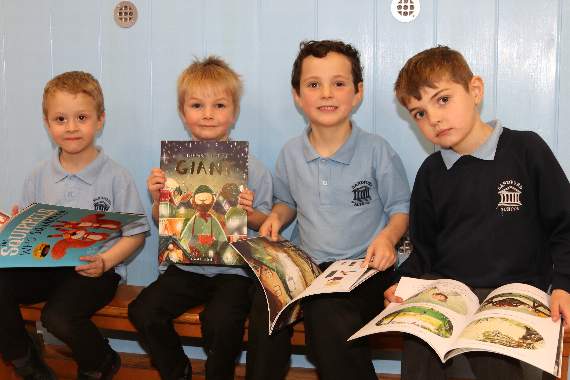
Fostering reading for pleasure
Schools have a key role in fostering reading for pleasure. Ofsted (2012) found that ‘too few schools gave enough thought to ways of encouraging the love of reading’ and as a result the Department for Education (DfE) has called on schools to do much more to promote literature in schools and inspire a ‘passion for reading’. ‘All children should be encouraged to choose and read books independently as they move through primary school and beyond, so they discover writing that interests them, makes them think or makes them laugh – and are inspired to read more’ (DfE 2015). Schools are encouraged to set up book clubs, to work with parents, and to embed literature across the curriculum. More recently there have been calls to make story-time an intrinsic part of the school day for all students, right up to their teens.
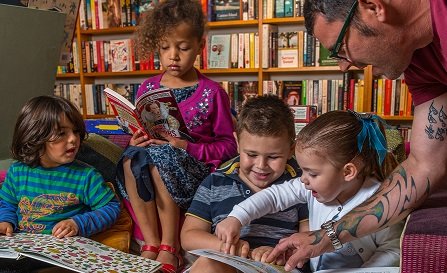
Both schools and parents have a significant role to play in promoting reading for pleasure among our children and young people.
CCB (and many other independent bookshops) encourage and nuture a love of books and reading from an early age by supporting parents with book choices, book conversations, recommendations and book groups. We also have our award-winning schools outreach work taking books (and the authors who write them) into schools large and small across the county. We work hard to reduce barriers to participation and actively seek out opportunities to support literacy, add value to work in the curriculum and support reluctant readers. We do this because we believe in the transformative impact of books and reading on education and well-being.
Further information:
https://clpe.org.uk/library-and-resources/research/reading-pleasure-what-we-know-works
https://ukla.org/downloads/Reading_for_Pleasure.pdf
References
Department for Education (2015) Reading: The Next Steps
National Literacy Trust (2018) Book ownership, literacy engagement and mental wellbeing
Ofsted (2012) Moving English forward Action to raise standards in English
Mar, R., Oatley, K. and Peterson, J. (2009) ‘Exploring the link between reading fiction and empathy: Ruling out individual differences and examining outcomes’, Communications, 34 (4) pp 407-428
Mullis, I.V.S., Martin, M.O., Foy, P., & Drucker, K.T. (2012). PIRLS 2011 International results in reading
Sullivan, A and Brown, M. (2013) Social Inequalities in cognitive scores at age 16: The role of reading. Centre for Longitudinal Studies.
April 10, 2019
Blog > Features > The importance of reading for pleasure

